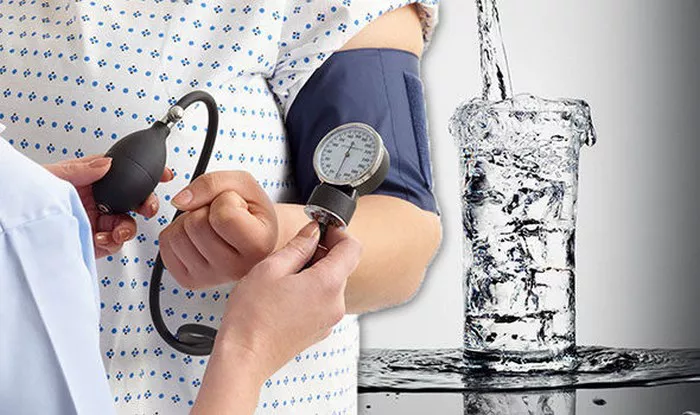High blood pressure, also known as hypertension, is a common condition that affects millions of people worldwide. It is a significant risk factor for heart disease, stroke, and other cardiovascular issues. Lifestyle changes, including dietary adjustments, exercise, and hydration, play a crucial role in managing blood pressure. Among these factors, the relationship between water intake and blood pressure has garnered considerable attention. This article explores the question: Can drinking a lot of water lower blood pressure?
Understanding Blood Pressure
Before delving into the effects of water intake on blood pressure, it’s essential to understand what blood pressure is and how it’s measured. Blood pressure is the force of blood pushing against the walls of arteries as the heart pumps it through the body. It is recorded as two numbers: systolic pressure (the top number) and diastolic pressure (the bottom number). Normal blood pressure is typically around 120/80 mmHg. High blood pressure is diagnosed when these numbers consistently exceed 130/80 mmHg.
The Role of Hydration
Hydration, or the body’s water balance, is vital for overall health. Water makes up a significant portion of our body composition and is involved in various physiological processes, including blood circulation, temperature regulation, and waste elimination. Adequate hydration is crucial for maintaining optimal organ function, including the heart and blood vessels.
Does Water Intake Lower Blood Pressure?
Several studies have explored the potential link between water intake and blood pressure regulation. While the results are mixed, there is evidence to suggest that staying adequately hydrated may have a positive impact on blood pressure levels, especially in certain individuals.
1. Hydration and Blood Volume: One mechanism through which water intake may influence blood pressure is by affecting blood volume. When the body is well-hydrated, blood volume is maintained, which can help prevent blood pressure from rising too high.
2. Blood Vessel Function: Adequate hydration may also support healthy blood vessel function. Dehydration can lead to blood vessels constricting, which can contribute to higher blood pressure. Drinking enough water helps keep blood vessels dilated, promoting better blood flow and potentially lowering blood pressure.
3. Renal Function: The kidneys play a crucial role in regulating blood pressure by adjusting fluid balance and excreting waste products. Proper hydration supports optimal kidney function, allowing them to effectively manage blood pressure.
4. Salt Balance: Water intake can influence the body’s salt balance, another factor that affects blood pressure. Drinking water helps flush excess sodium from the body, which can help lower blood pressure, especially in individuals sensitive to salt.
Factors to Consider
While increasing water intake may have potential benefits for blood pressure management, several factors must be considered:
1. Individual Variability: The impact of water intake on blood pressure can vary among individuals. Factors such as age, overall health, activity level, and existing medical conditions can influence how the body responds to hydration.
2. Hydration Sources: While water is the primary source of hydration, other fluids such as herbal teas, infused water, and certain fruits and vegetables also contribute to overall fluid intake. These sources can be part of a well-rounded hydration strategy.
3. Hydration Guidelines: Health authorities generally recommend consuming around 8-10 cups of water per day for adults, but individual needs may vary. It’s essential to listen to your body’s thirst cues and adjust your water intake accordingly.
4. Comprehensive Approach: Managing blood pressure requires a holistic approach that includes healthy eating, regular exercise, stress management, and, if necessary, medication prescribed by a healthcare professional. Drinking water is one aspect of this multifaceted strategy.
Conclusion
While drinking a lot of water alone may not be a sole solution for lowering blood pressure, maintaining adequate hydration is an essential part of a healthy lifestyle that can support overall cardiovascular health. Combined with other lifestyle modifications, such as a balanced diet and regular physical activity, staying well-hydrated can contribute to blood pressure management and overall well-being. It’s crucial to consult with a healthcare provider for personalized advice and guidance on maintaining optimal blood pressure levels.


